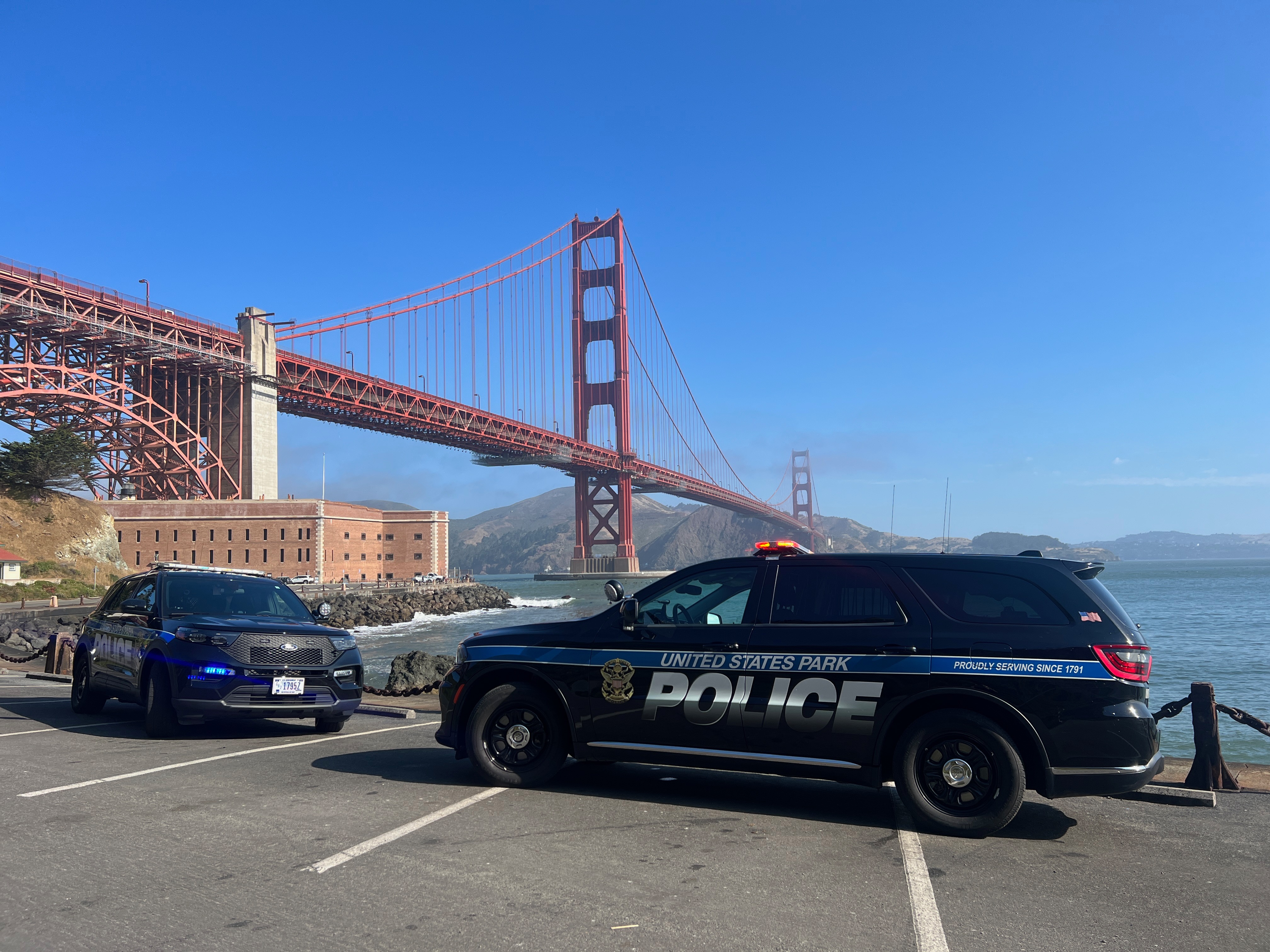Kind of an interesting concept. Privately paid people who are given real police powers. Or perhaps limited police powers.
I would think the most common are railroad police. At least in my state they're allowed to enforce state laws provided that they meet the same training standards. I've actually been on a train that was stopped for what they call a "trespassing incident", although some people would call it something else. Local police were the first to show up, followed a plainclothes Union Pacific Police officer who arrived in a marked police pickup truck. Union Pacific owned the tracks, so they were part of the investigation. Some "public" railroads have police. Amtrak Police are considered federal law enforcement and go to the same law enforcement training centers.
San Francisco has this oddball setup called SFPD "Patrol Specials". I'd actually seen one of these guys before during an event, where I'm thinking he was paid to work it. But normally they were paid for by local businesses to patrol neighborhoods, check on locks, etc. Apparently weren't required to meet the same standards as regular police, but were allowed weapons and had citizens' arrest powers and the tacit cooperation of San Francisco Police. Looked it up, and the last one retired in 2024.

Some private universities have their own policing. In my state there's a few. I think USC and the University of the Pacific, although those are supposedly some arrangement with the chief of police of the city. Might not be full police powers at USC.
Stanford University has a unique arrangement. Their public safety department hires trained people or puts them up at police academies, where they become reserve sheriff's deputies with the Santa Clara County Sheriff's Office. It's via a memorandum of understanding, and they get a unique badge that identifies themselves as "Stanford Reserves". But their head is a reserve captain (or might not be now). I think their badge is different - maybe fewer points.
I think it works differently in other states. I've heard of actual police at Brigham Young University, University of Notre Dame, and Harvard University. Probably not unique.
https://www.hupd.harvard.edu/
I would think the most common are railroad police. At least in my state they're allowed to enforce state laws provided that they meet the same training standards. I've actually been on a train that was stopped for what they call a "trespassing incident", although some people would call it something else. Local police were the first to show up, followed a plainclothes Union Pacific Police officer who arrived in a marked police pickup truck. Union Pacific owned the tracks, so they were part of the investigation. Some "public" railroads have police. Amtrak Police are considered federal law enforcement and go to the same law enforcement training centers.
San Francisco has this oddball setup called SFPD "Patrol Specials". I'd actually seen one of these guys before during an event, where I'm thinking he was paid to work it. But normally they were paid for by local businesses to patrol neighborhoods, check on locks, etc. Apparently weren't required to meet the same standards as regular police, but were allowed weapons and had citizens' arrest powers and the tacit cooperation of San Francisco Police. Looked it up, and the last one retired in 2024.
Some private universities have their own policing. In my state there's a few. I think USC and the University of the Pacific, although those are supposedly some arrangement with the chief of police of the city. Might not be full police powers at USC.
Stanford University has a unique arrangement. Their public safety department hires trained people or puts them up at police academies, where they become reserve sheriff's deputies with the Santa Clara County Sheriff's Office. It's via a memorandum of understanding, and they get a unique badge that identifies themselves as "Stanford Reserves". But their head is a reserve captain (or might not be now). I think their badge is different - maybe fewer points.
The Stanford Department of Public Safety Deputy Sheriffs receive their peace officer powers through a Memorandum of Understanding (MOU) with the Santa Clara Sheriff's Department.
Each of the deputies at SUDPS are deputized by the Sheriff of Santa Clara County pursuant to California Penal Code 830.6 upon meeting the standards prescribed by the California Peace Officer Standards and Training defined in Penal Code Section 832.6. Each of the deputies is classified as a Santa Clara County Reserve Deputy Sheriff at Stanford. The powers conferred upon the deputized members of the SUDPS are outlined in the MOU.
I think it works differently in other states. I've heard of actual police at Brigham Young University, University of Notre Dame, and Harvard University. Probably not unique.
https://www.hupd.harvard.edu/



